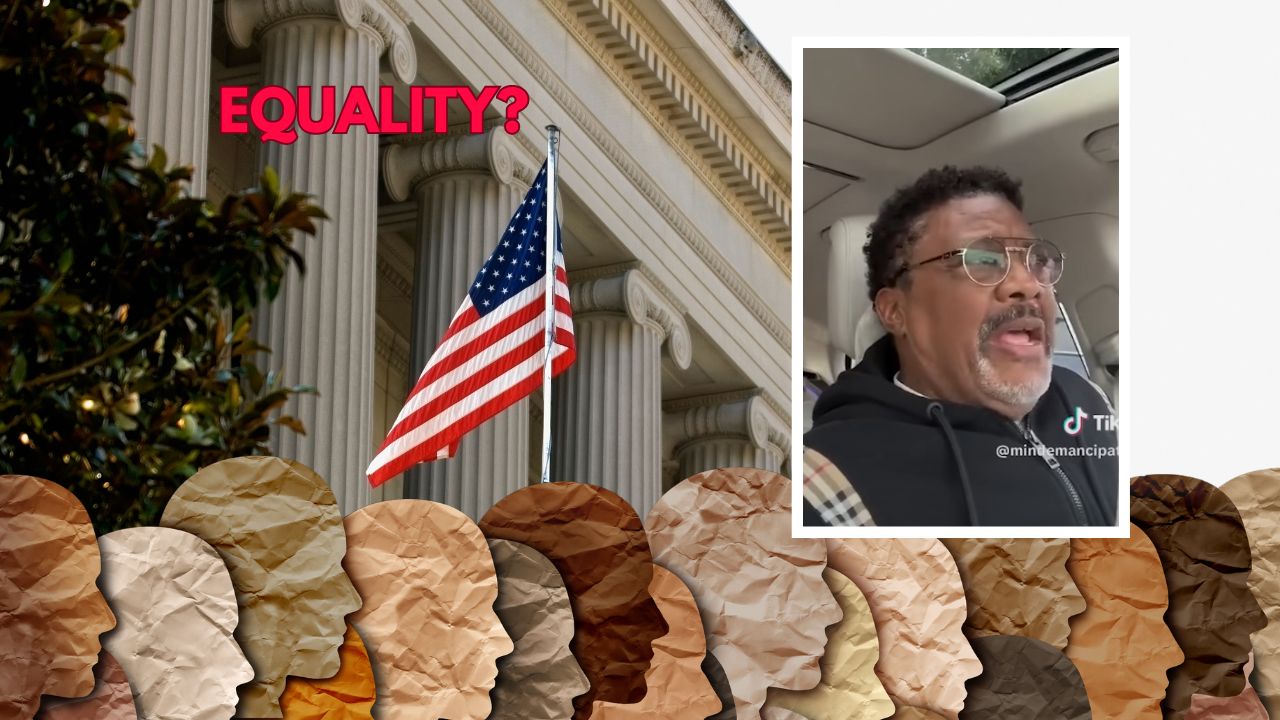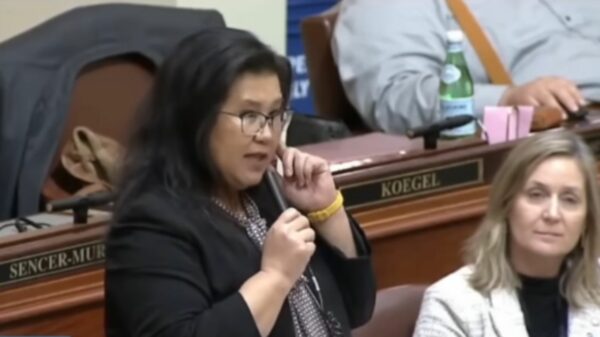In a recent turn of events, liberal TV judge Greg Mattis has voiced his discontent with a court ruling that bars the federal government from discriminating against white business owners. The ruling, which affects the Minority Business Development Agency (MBDA), mandates that all business owners receive equal treatment regardless of race.
Upholding Equality in Government Assistance
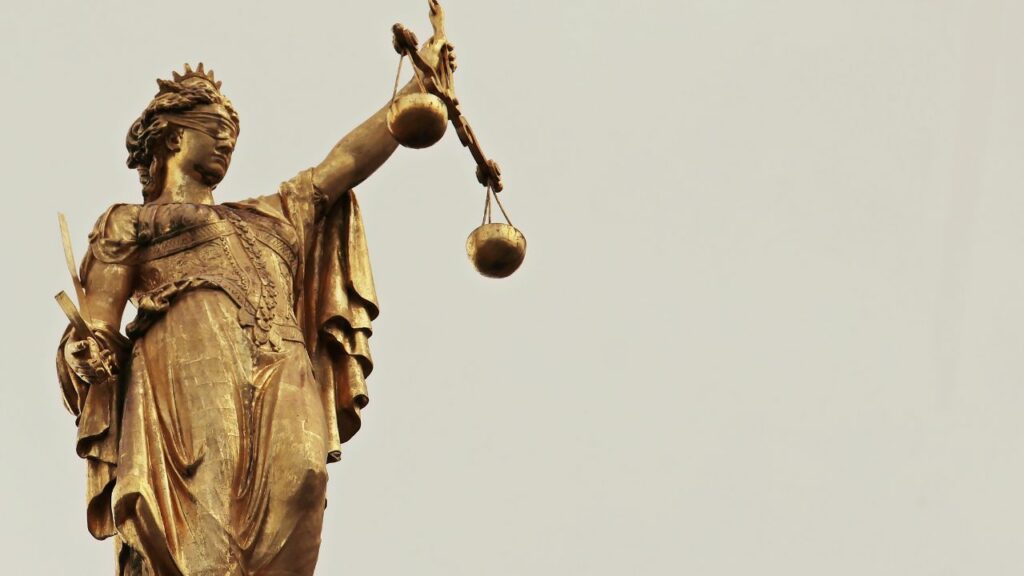
At the heart of the court decision lies a commitment to equality and fairness in government assistance programs. By prohibiting race-based determinations for eligibility, the ruling seeks to level the playing field and ensure that all entrepreneurs have an equal opportunity to access vital resources and support.
Judge Mattis’ Argument for Racial Discrimination

Despite the ruling’s aim to promote equality, Judge Mattis has expressed dissatisfaction, suggesting that the government should be allowed to discriminate against white business owners. This stance raises questions about the role of race in government programs and the broader implications for societal attitudes towards equality.
Historical Context and Legal Precedent
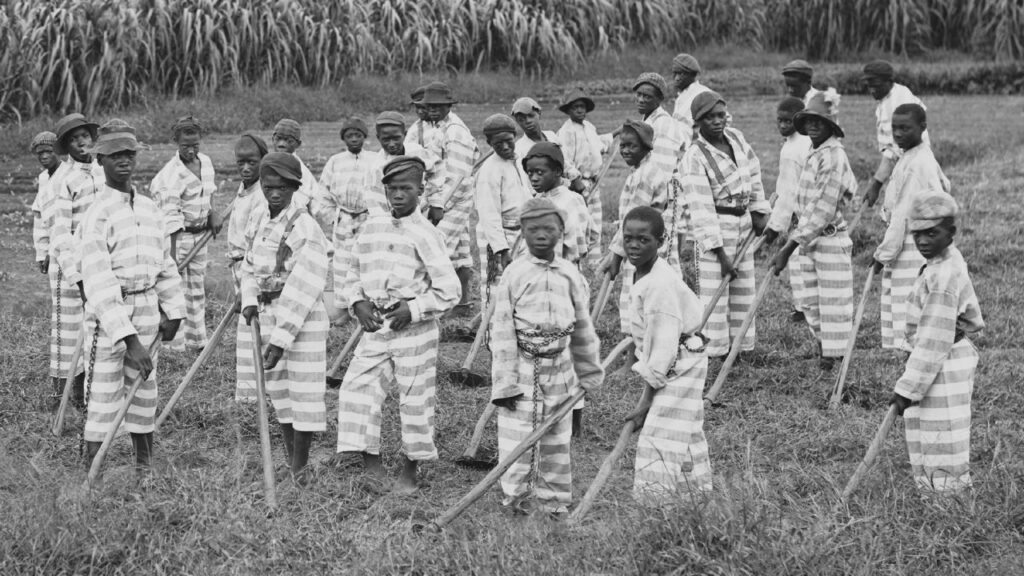
The case unfolds against a backdrop of historical discrimination and legal precedent. Past injustices, such as segregation and Jim Crow laws, inform contemporary debates about the appropriate balance between addressing systemic inequalities and promoting equal opportunity for all.
Flaws in the Racial Presumption Approach
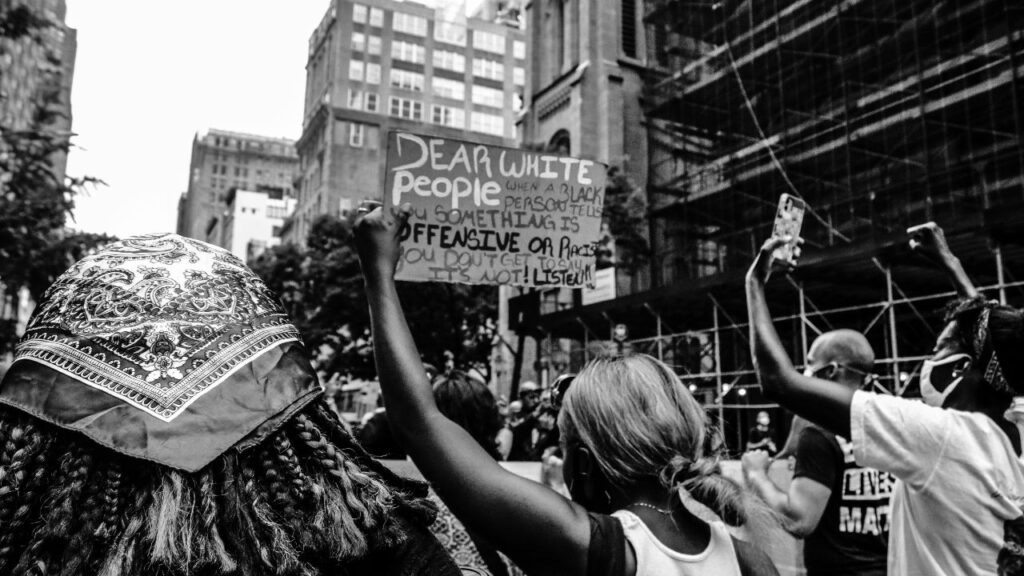
Central to the court’s decision is its recognition of flaws in the MBDA’s use of racial presumptions. By scrutinizing the constitutionality of race-based determinations, the court underscores the importance of ensuring that government programs adhere to principles of fairness and impartiality.
Striving for Equal Opportunity

While acknowledging historical challenges faced by minority-owned businesses, the court emphasizes the need for a fair and inclusive approach to government assistance programs. By eliminating race-based presumptions, the ruling seeks to create a more equitable system that benefits all entrepreneurs.
The End of Racial Presumptions

With the court’s ruling, the era of race-based presumptions in government programs comes to an end. This landmark decision marks a significant shift towards a more just and equitable society, where individuals are judged based on merit rather than race.
Challenges to the Status Quo
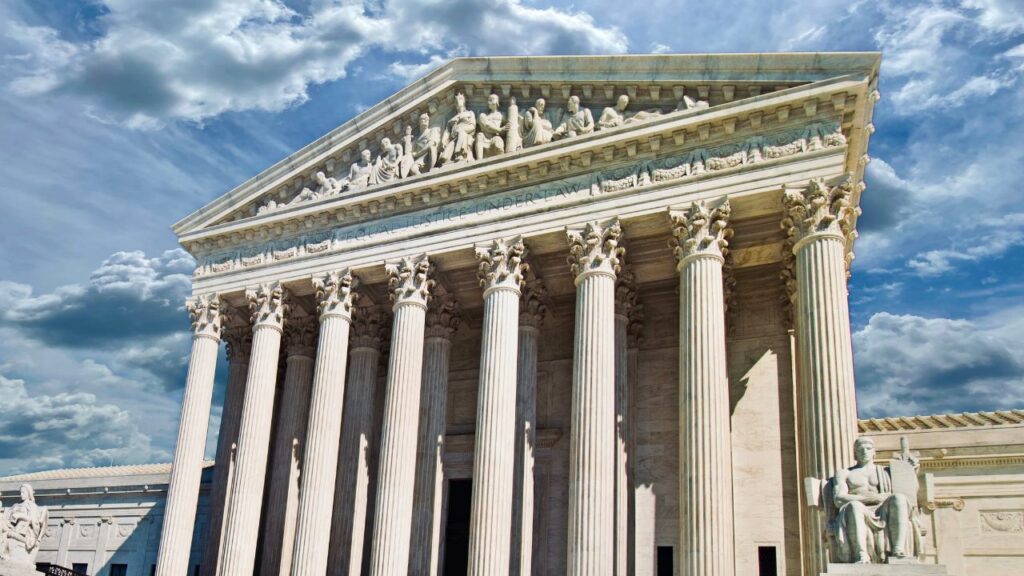
Judge Mattis’ criticism highlights broader debates surrounding affirmative action, diversity initiatives, and the balance between rectifying past injustices and promoting equality. The case serves as a catalyst for reflection on the complexities of addressing systemic inequalities in contemporary society.
The Quest for Genuine Equality
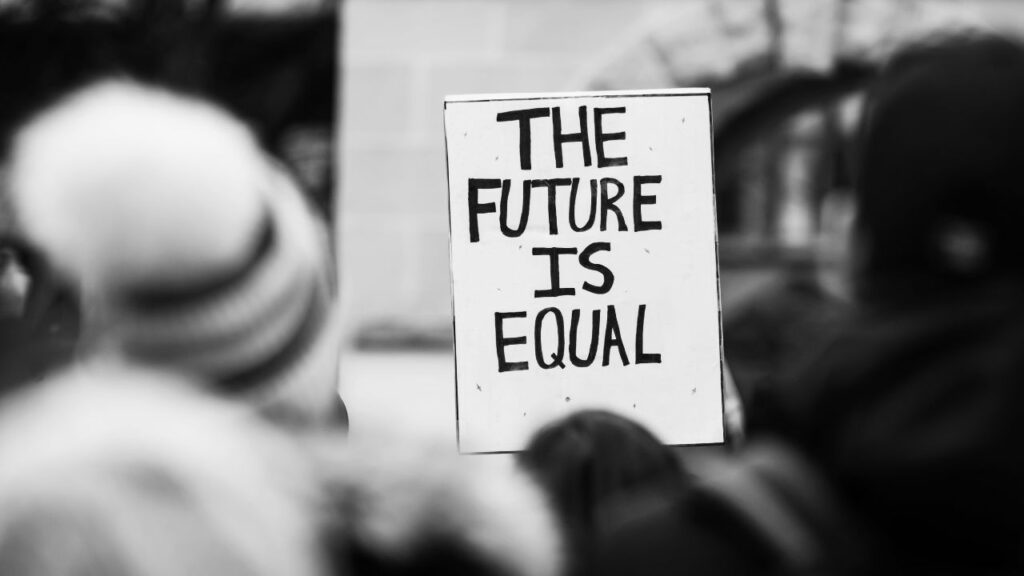
As society grapples with complex issues of race and justice, the conversation sparked by this court decision invites reflection on the principles of fairness, justice, and inclusivity. Ultimately, the quest for genuine equality requires ongoing dialogue, collaboration, and a commitment to upholding the rights and dignity of all individuals.
Principles of Fairness
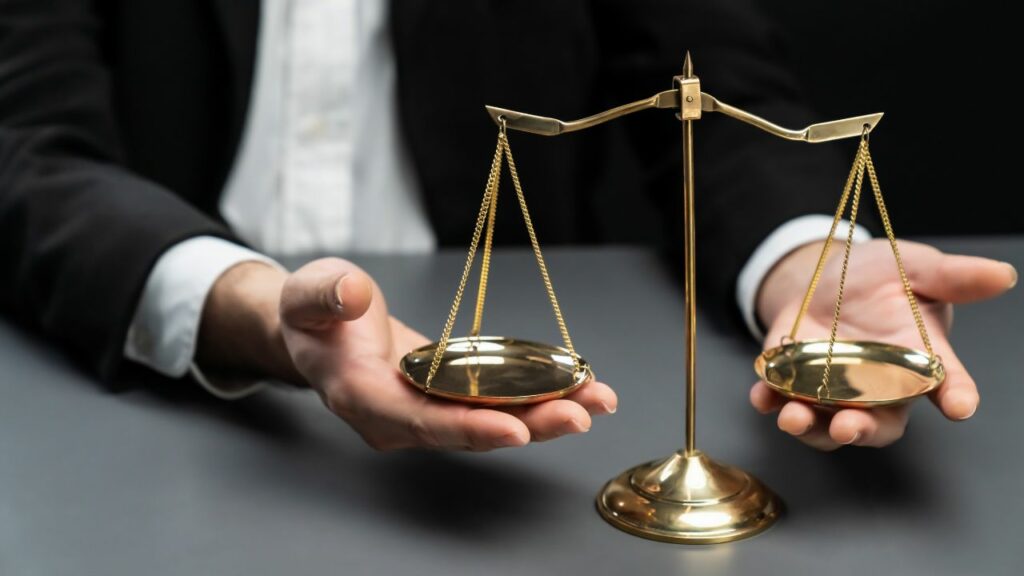
What do you think? How do you think Judge Mattis’ stance aligns with principles of equality and fairness in government programs? What are the potential implications of allowing or prohibiting race-based determinations in government assistance programs?
Broader Debates
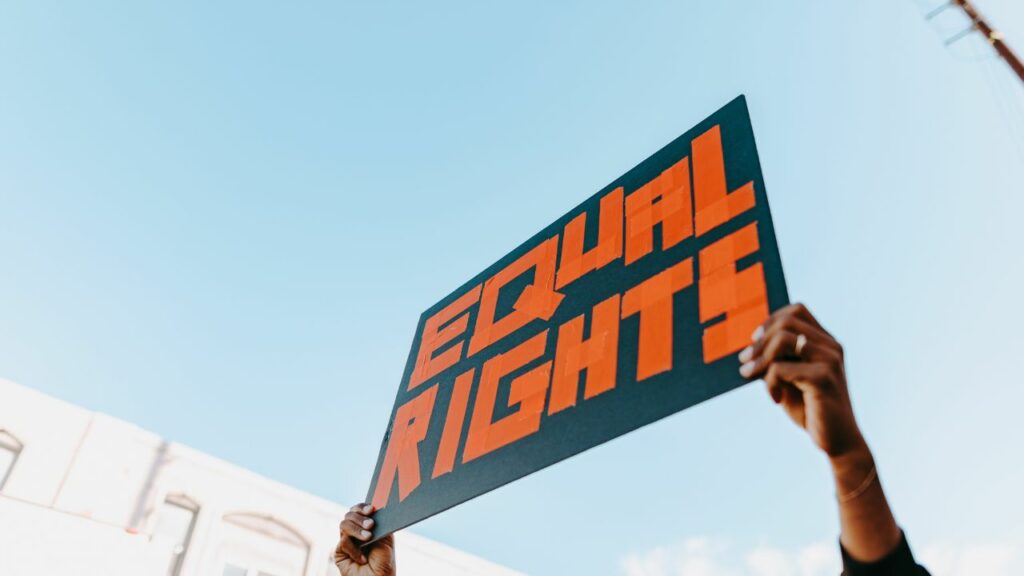
In what ways does this case reflect broader societal debates about affirmative action and racial equity? How might historical injustices inform perspectives on contemporary efforts to address disparities in business ownership and access to resources?
Source: Black Conservative Perspective
